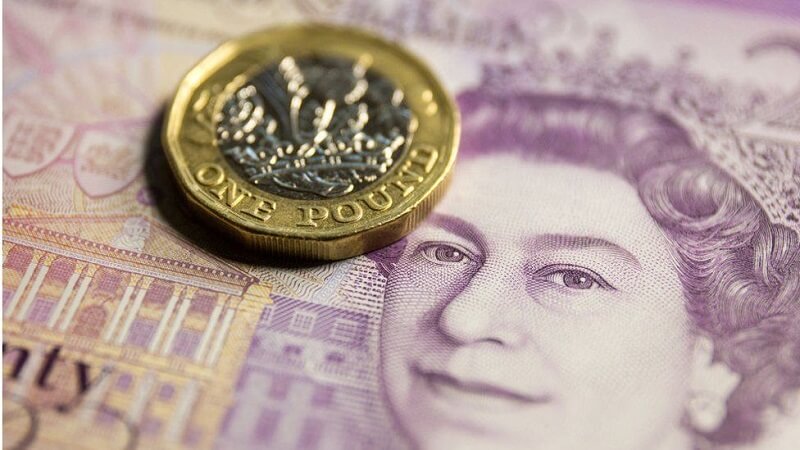The minimum wage plays a crucial role in ensuring fair compensation for workers and promoting social welfare. In the United Kingdom, minimum wages are set by law to protect the rights and well-being of employees across various industries.
This article aims to provide a comprehensive overview of the minimum wages in the UK, exploring their history, current rates, and impact on workers and the economy.
A Brief History of Minimum Wages in the UK
The concept of minimum wages in the UK dates back to the early 20th century. The first minimum wage legislation, the Trade Boards Act 1909, targeted specific industries where workers were vulnerable to exploitation. Over the years, the scope of minimum wage laws expanded, leading to the introduction of the National Minimum Wage (NMW) in 1999.

Current Minimum Wage Rates in the UK
The UK’s minimum wage rates are reviewed annually and are divided into different tiers based on age and employment status.
As of 2023, the following rates apply:
For workers aged 23 and above (National Living Wage) : £10.42 per hour
For workers aged 18 to 20 : £7.49 per hour
For workers aged 16 to 17 : £5.28 per hour
For workers aged 23 and over : £10.42 per hour
Impact on Workers
The minimum wage has had a significant impact on workers’ lives in the UK. By setting a baseline for fair remuneration, it helps to combat low pay and reduces income inequality. The increased wages provide workers with greater financial stability and the ability to meet their basic needs. It also contributes to improving workers’ overall well-being and reducing the prevalence of in-work poverty.
Furthermore, the minimum wage has been instrumental in reducing the gender pay gap. As it applies to all workers regardless of gender, it ensures that women receive equal pay for equal work, thus promoting gender equality in the workplace.
Economic Implications
Critics of minimum wages argue that they may lead to job losses, especially for small businesses operating on tight profit margins. However, numerous studies have shown that the negative employment effects are often minimal, if not negligible. In fact, the higher wages can stimulate consumer spending and boost economic growth.
Moreover, the minimum wage acts as a safeguard against unfair competition and exploitative labor practices. It encourages businesses to compete on factors other than cheap labor, such as innovation, productivity, and quality of products or services. Consequently, it fosters a more balanced and sustainable economy in the long run.
Enforcement and Compliance
To ensure adherence to minimum wage laws, the UK government established the independent body known as the Low Pay Commission (LPC). The LPC conducts research, consults with stakeholders, and recommends appropriate wage rates to the government. Employers found in violation of minimum wage laws can face penalties, including fines and being publicly named and shamed.
The minimum wages in the UK serve as a vital mechanism for safeguarding workers’ rights, reducing income inequality, and promoting social welfare. By providing a fair and decent standard of living, these wages contribute to a more equitable society and support sustainable economic growth. As the UK continues to evaluate and adjust its minimum wage policies, ensuring their effectiveness and impact remains an ongoing priority in building a fair and inclusive labor market for all.




